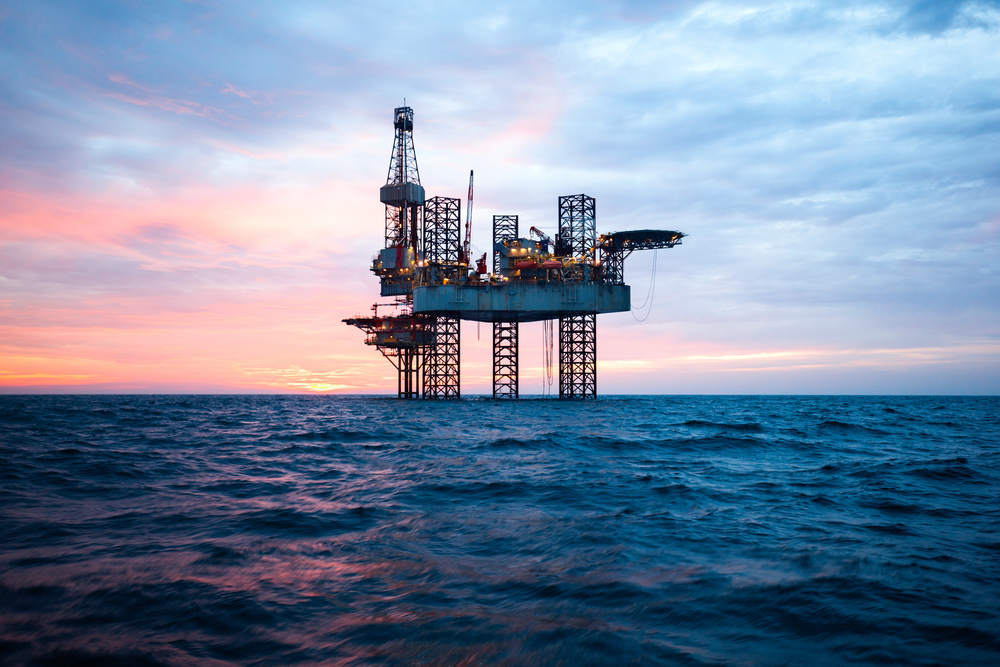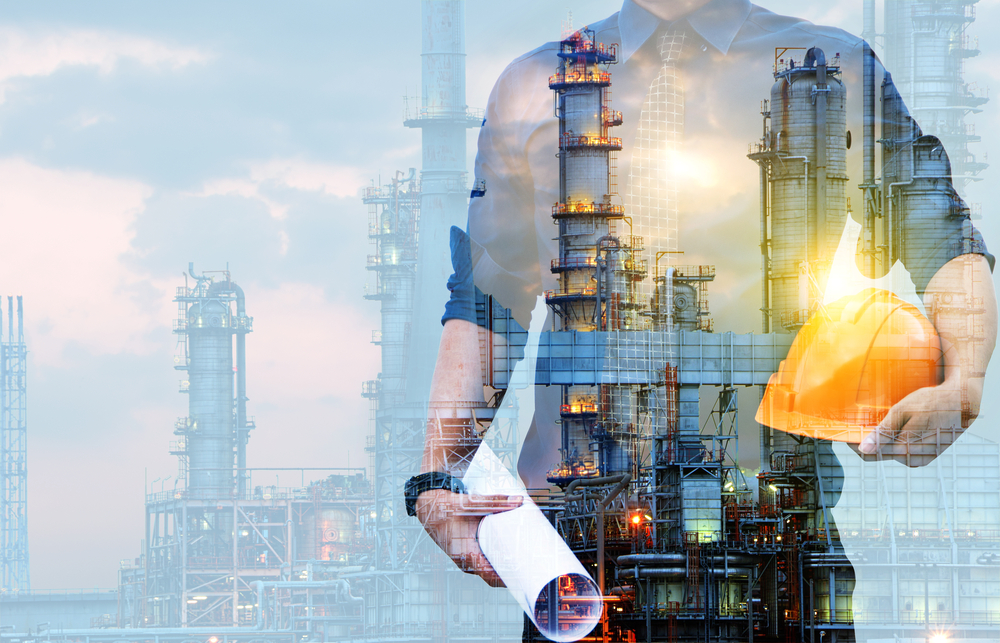

In this course, the students will study process simulation within the petroleum and gas industry. The students will also learn how to strategically employ simulation software and models in the design, investigation, and enhancement of processes related to oil and gas exploration, refining, and transportation so as to contribute to efficiency, safety, and overall decision-making during operations.
| City | Start Date | End Date | Fees | Register | Enquire | Download |
|---|---|---|---|---|---|---|
| Kuala Lumpur | 23-06-2025 | 27-06-2025 | 4950 $ | Register | Enquire | |
| Casablanca | 30-06-2025 | 04-07-2025 | 4950 $ | Register | Enquire | |
| Dubai | 07-07-2025 | 11-07-2025 | 4300 $ | Register | Enquire | |
| Amsterdam | 14-07-2025 | 18-07-2025 | 6200 $ | Register | Enquire | |
| Madrid | 21-07-2025 | 25-07-2025 | 6200 $ | Register | Enquire | |
| Kuala Lumpur | 28-07-2025 | 01-08-2025 | 4950 $ | Register | Enquire | |
| Vienna | 04-08-2025 | 08-08-2025 | 6200 $ | Register | Enquire | |
| Casablanca | 11-08-2025 | 15-08-2025 | 4950 $ | Register | Enquire | |
| Kuala Lumpur | 18-08-2025 | 22-08-2025 | 4950 $ | Register | Enquire | |
| Madrid | 25-08-2025 | 29-08-2025 | 6200 $ | Register | Enquire | |
| Dubai | 01-09-2025 | 05-09-2025 | 4300 $ | Register | Enquire | |
| Casablanca | 08-09-2025 | 12-09-2025 | 4950 $ | Register | Enquire | |
| Zurich | 22-09-2025 | 26-09-2025 | 5600 $ | Register | Enquire | |
| Barcelona | 29-09-2025 | 03-10-2025 | 6200 $ | Register | Enquire | |
| Dubai | 06-10-2025 | 10-10-2025 | 4300 $ | Register | Enquire | |
| Amsterdam | 13-10-2025 | 17-10-2025 | 6200 $ | Register | Enquire | |
| Cairo | 20-10-2025 | 24-10-2025 | 3950 $ | Register | Enquire | |
| Cairo | 03-11-2025 | 07-11-2025 | 3950 $ | Register | Enquire | |
| Krakow | 17-11-2025 | 21-11-2025 | 6200 $ | Register | Enquire | |
| Casablanca | 24-11-2025 | 28-11-2025 | 4950 $ | Register | Enquire | |
| Zurich | 01-12-2025 | 05-12-2025 | 5600 $ | Register | Enquire | |
| Cairo | 08-12-2025 | 12-12-2025 | 3950 $ | Register | Enquire | |
| Sharm El Sheikh | 15-12-2025 | 19-12-2025 | 3950 $ | Register | Enquire | |
| Vienna | 22-12-2025 | 26-12-2025 | 6200 $ | Register | Enquire | |
| Barcelona | 29-12-2025 | 02-01-2026 | 6200 $ | Register | Enquire |
Important decisions within oil and gas companies require reservoir, well, and other infrastructure and operations simulations. Advanced oil and gas process solutions and simulation training help them devise precise reservoir models, equipment performance models, resistivity models, and models of environmental influences.
This software allows companies to make predictions about exploration and production activities, along with risk analysis that may hinder the safety and profitability of these operations using high-end oil and gas process technology.
Upon finishing this Oil and Gas Process Simulation course, all participants will have the following skills:
Unit 1: Introduction to Process Simulation
Unit 2: Software Getting Started
Unit 3: Propane Refrigeration Loop
Unit 4: Low Temperature Separation Processes (LTS Process)
Unit 5: NGL Fractionation
Unit 6: Rehydration of Gases with a Silica Gel and Their Compression
Unit 7: Crude Oil Stabilization and Compression of Associated Gas
.jpg)

.jpg)
















